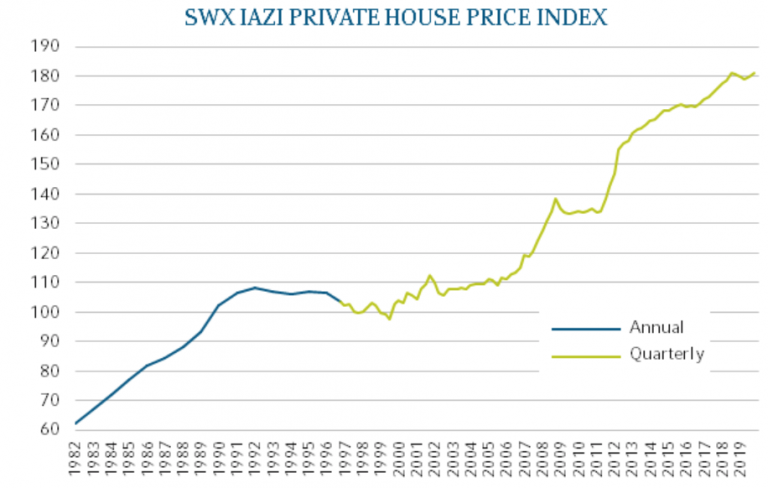Switzerland – and the large urban centres in particular – is suffering from a growing shortage of affordable housing. Ten major property associations have therefore founded the “Bund für mehr Wohnraum” (Federation for more housing). This organisation is committed to a fair, well-functioning housing market, effective and sustainable measures to combat the housing shortage and the construction of sufficient new flats in Switzerland.
SVIT Switzerland is one of the founding members. SVIT writes on its website: “The housing shortage in Switzerland is acute. Too little is being built. The hurdles for densification and conversion are too great. Building authorisation procedures take too long. The newly founded “Bund für mehr Wohnraum“ is launching the “Wohnungspolitisches Manifest” and is calling for the construction of new flats to be made easier and for less bureaucracy. The major challenges in the Swiss housing market can only be resolved with measures that effectively increase the supply of housing. These include making it easier to add storeys to existing residential buildings and treating all players who build flats in Switzerland equally. Excessive regulation of supply, on the other hand, is not expedient.” SVIT Switzerland already published a position paper on the topic last year, which you can download here. The association also refers to the “Wohnungspolitisches Manifest, Juni 2024” published by the “Bund für mehr Wohnraum”.

The manifesto states: “Switzerland needs 40,000 to 50,000 additional flats per year. This high demand is due to demographic developments and immigration, as well as the increasing number of small households and the rising space requirements per person. For example, only one person lives in 37% of the 4 million private households and a maximum of two people live in two thirds of the flats.
On the other hand, fewer flats are being built every year. In 2018, 53,000 new flats came onto the market. In 2023, there were only around 43,000 apartments. And the number of building permits issued for new builds fell by over 30 % between 2016 and 2023. There is no sign of a trend reversal. There is a shortfall of 10,000 new flats per year in Switzerland!
High, rising demand as well as many hurdles and restrictions for the construction of new flats – there is an urgent need for action in the Swiss housing market. This housing shortage not only affects large cities such as Zurich, Basel, Geneva and Lausanne, but also many smaller towns, urban centres and tourist resorts throughout Switzerland. The lack of housing has become a major concern for the population.”
The demands of the “Bund für mehr Wohnraum”
The manifesto contains a series of demands that should help to solve the problem.
- Making better use of existing building space, i.e. high-quality densification in cities and urban agglomerations, making building and zoning regulations more flexible, making it easier to add storeys to existing residential buildings, increasing existing utilisation rates in residential zones, better and more flexible mixing of commercial and residential zones and easier conversion of existing office to residential properties
- Targeted reduction of overregulation and bureaucracy, i.e. speeding up building permit, objection and court procedures, better digitalisation of building permit procedures, increasing the cost consequences of abusive objections, sensible implementation of the Noise Abatement Ordinance and relaxation of monument and heritage protection in the context of weighing up interests
- Providing the right incentives for the construction of flats, i.e. no further tightening of tenancy law, which is already more heavily regulated than almost any other legal relationship, no further state control of yields and rents, no right of first refusal for the public sector and state-affiliated companies that penalises or crowds out private investors on the housing market, facilitating the first-time purchase of residential property by simplifying the withdrawal of BVG funds to be recognised as equity and equal treatment of all players building flats in Switzerland. It is crucial that construction is fast and good.
- Fair rules in tenancy law and no abuse, i.e. prevention of abusive and overpriced subletting, restriction of subletting to a maximum of two years, strengthening of the owner’s right to have a say and simplified utilisation of flats and commercial premises for personal use


